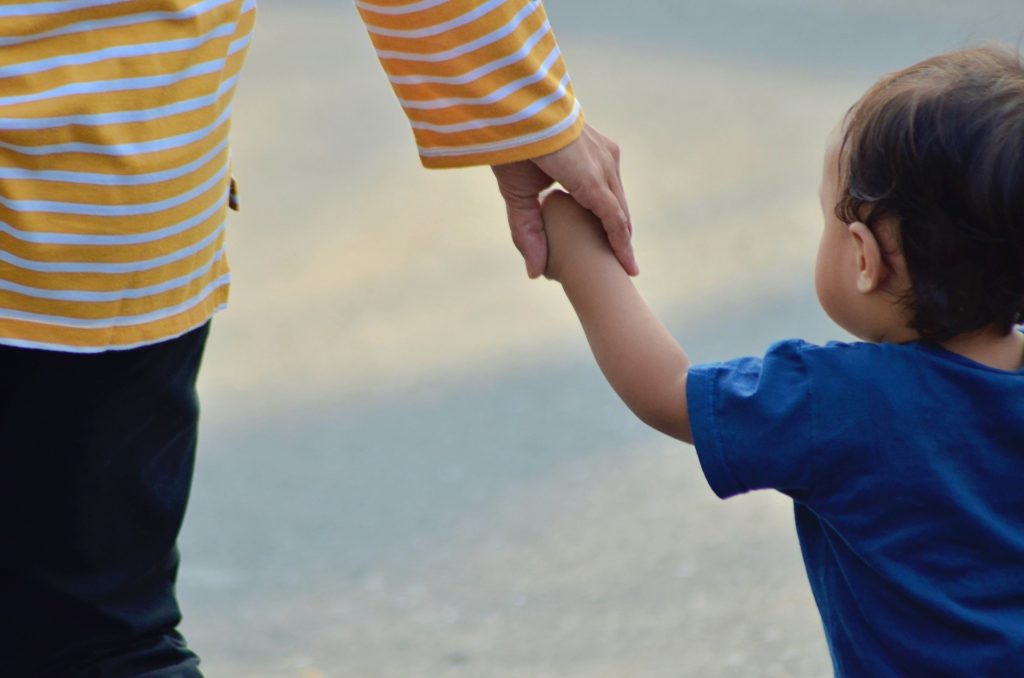If your children see or hear domestic abuse it can have harmful physical and psychological effects, which can last for years, sometimes for life.
Children who witness domestic abuse are at risk of suffering from emotional and behavioural problems as well as physical and mental health problems They may suffer from anxiety, depression, low self-esteem or self-worth, become withdrawn or have trouble making friends – the effect can vary depending on their age:
Preschool age
- Regress (act in a way which is not consistent with their age such as bed wetting, thumb sucking or crying more often for no apparent reason.)
- Have temper tantrums/loss of control of their emotions.
- Show signs of fear such as hiding stuttering.
- Develop severe separation anxiety
School-age
- Begin to suffer from low self-esteem and self-worth.
- Have trouble at school, their grades may drop, and they may withdraw from school activities.
- Show increased aggression towards others.
- Have physical symptoms such as stomach aches and headaches.
- Become withdrawn from people, have nightmares, flashbacks or trouble sleeping.
Teenagers
- Fighting with family members or bullying at school.
- Truancy.
- Alcohol or drug misuse.
- Self-harm, including suicidal tendencies.
- Eating disorders.
- Engage in unprotected sex.
The long-term effects.
Children learn about relationships from their parents – being brought up in a home where abuse is happening can lead to them growing up repeating the abuse. Growing up witnessing abuse can sometimes normalise it; leading to them becoming abusive themselves in their adult relationships or falling into a pattern of being abused by their future partners.
Although ‘repeating the cycle’ is not always the case – children brought up who experience or witness abuse, may in adulthood feel anxious and depressed, which can lead to eating disorders, obesity, self-harming or suicide. In some cases, it has also been known to lead to more serious mental health problems such as Post Traumatic Stress Disorder.
Making things safe for your children.
The safety of you and your children is the biggest priority – help is available.
If you are considering leaving an abusive relationship, it may be best not to tell your children – they may innocently say something about your plan to leave, which may jeopardise that plan and even put you and your children in danger.
If you are living with domestic abuse you can take steps now to help yourself and your children be safe and escape domestic abuse, or get advice on how to manage an abusive relationship and make it safer, by contacting the local domestic abuse service: get in touch or 0800 69 49 999.
In an emergency, you should always dial 999 – even if you can’t speak you can dial 55 and the operator will send assistance.

